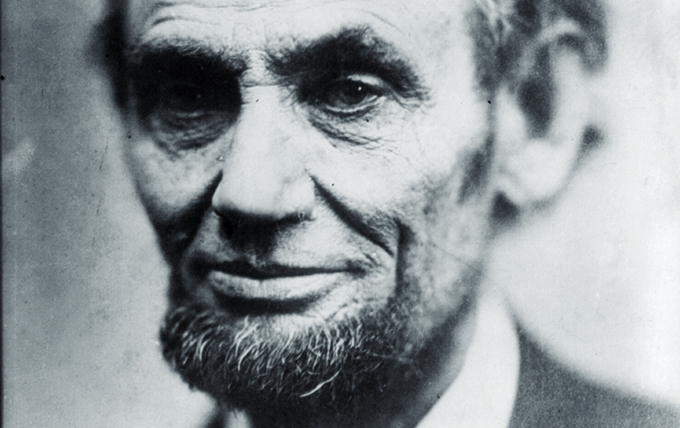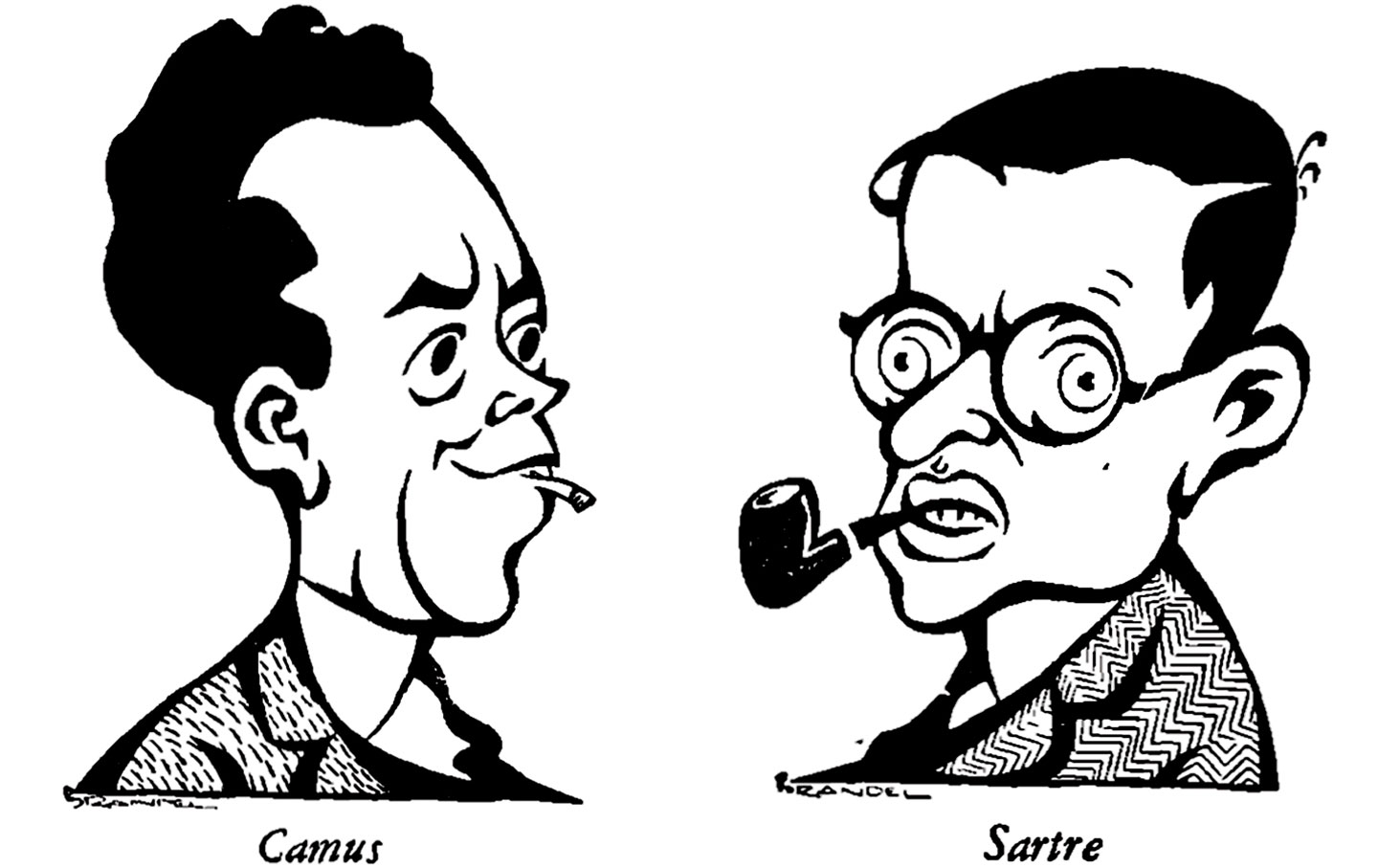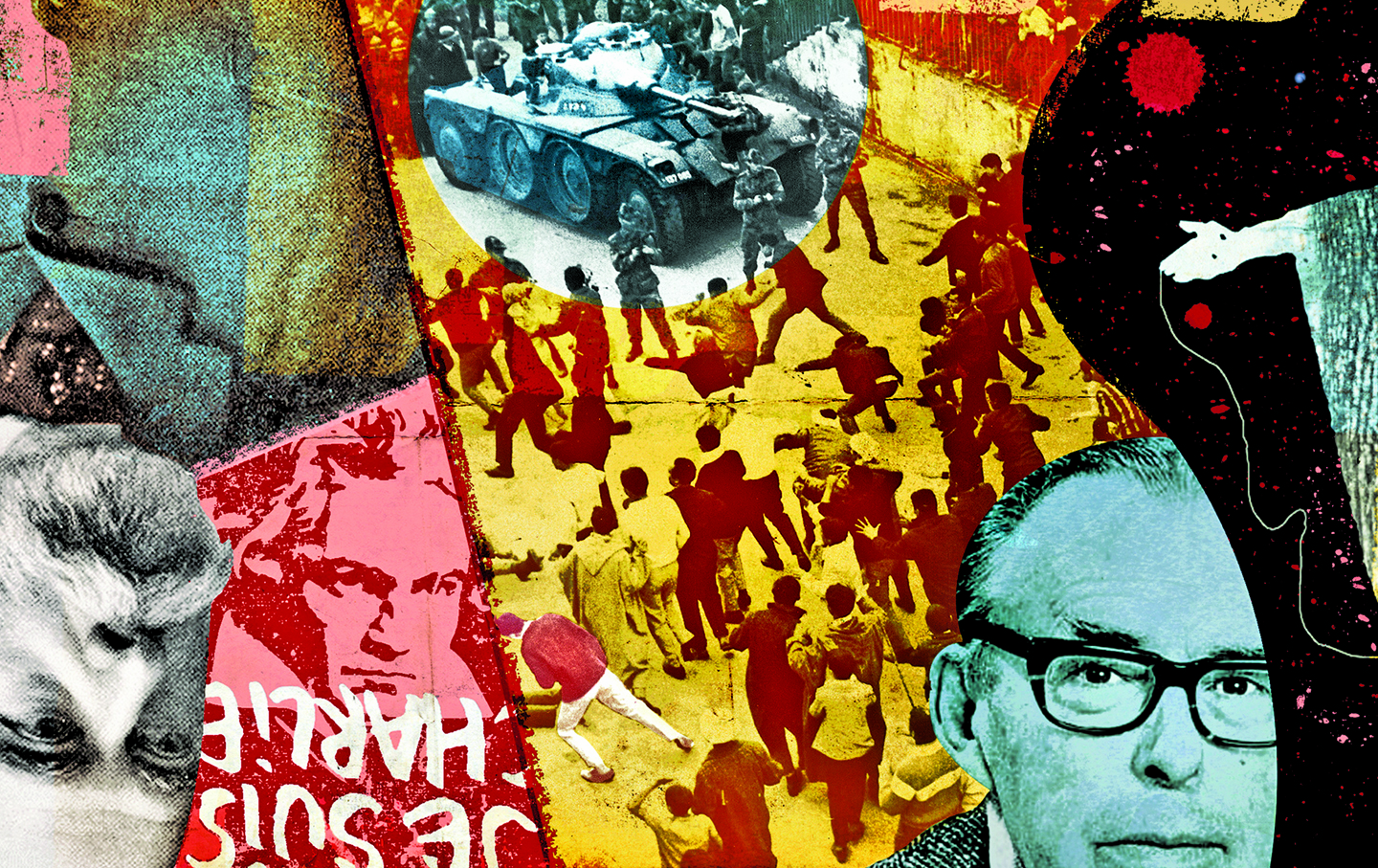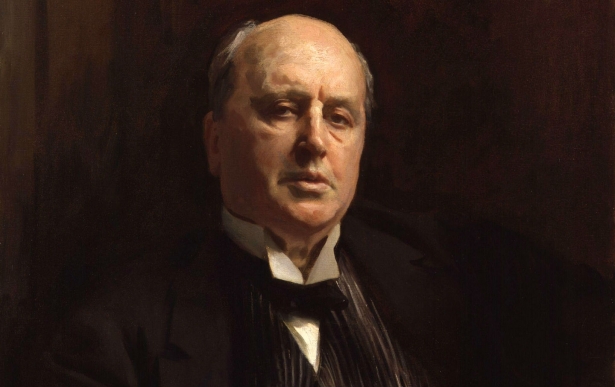
Americans and Their Myths Americans and Their Myths
The country suffers from an ambivalent anguish, everyone asking, “Am I American enough?” and at the same time, “How can I escape from Americanism?”
Mar 23, 2015 / Feature / Jean-Paul Sartre

Where Reaganism and Astrology Meet Where Reaganism and Astrology Meet
It is scarcely news that the President is in the mainstream of popular American credulity. He has been nurtured in the same rich loam of folk ignorance, historical figment and para...
Mar 23, 2015 / Books & the Arts / Alexander Cockburn
Dream Song Dream Song
January 25, 1965 The surly cop lookt out at me in sleep insect-like. Guess, who was the insect. I’d asked him in my robe & hospital gown in the elevator politely why someone saw so many police around, and without speaking he looked. A meathead, and of course he was armed, to creep across my nervous system some time ago wrecked. I saw the point of Loeb at last, to give oneself over to crime wholly, baffle, torment, roar laughter, or without sound attend while he is cooked until with trembling hands hoist I my true & legal ax, to get at the brains. I never liked brains— it’s the texture & the thought— but I will like them now, spooning at you, my guardian, slowly, until at length the rains lose heart and the sun flames out. This article is part of The Nation’s 150th Anniversary Special Issue. Download a free PDF of the issue, with articles by James Baldwin, Barbara Ehrenreich, Toni Morrison, Howard Zinn and many more, here. John Berryman (1914–1972) wrote five essays and eight poems for The Nation between 1935 and 1970. One month after the last poem was published, he sent a letter to the editor noting the “unremitting hostility” of an unfriendly review by “this bastard,” Hayden Carruth.
Mar 23, 2015 / Books & the Arts / John Berryman

How I Learned to Stop Worrying and Love ‘Nation’ Readers How I Learned to Stop Worrying and Love ‘Nation’ Readers
On a Nation cruise, the maritime adventure I usually refer to as “Lefties at Sea,” I used to take it for granted that some of the guests were troubled by my presence.
Mar 23, 2015 / Feature / Calvin Trillin

What Would Lincoln Think of Race Relations on His 100th Birthday? What Would Lincoln Think of Race Relations on His 100th Birthday?
The Nation’s publisher writes about “the negro problem” during the very week he helped found the NAACP.
Mar 23, 2015 / Feature / Oswald Garrison Villard

What Is This New Philosophy They Call ‘Existentialism’? What Is This New Philosophy They Call ‘Existentialism’?
It would be a cheap error to mistake this new trend in philosophy and literature for just another fashion of the day.
Mar 23, 2015 / Feature / Hannah Arendt

What Can the White Man Say to the Black Woman? What Can the White Man Say to the Black Woman?
Only one thing that the black woman might hear.
Mar 23, 2015 / Books & the Arts / Alice Walker
Varick Street Varick Street
March 15, 1947 At night the factories struggle awake, wretched uneasy buildings veined with pipes attempt their work. Trying to breathe the elongated nostrils haired with spikes give off such stenches, too. And I shall sell you sell you sell you of course, my dear, and you’ll sell me. On certain floors certain wonders. Pale dirty light, some captured iceberg being prevented from melting. See the mechanical moons, sick, being made to wax and wane at somebody’s instigation. And I shall sell you sell you sell you of course, my dear, and you’ll sell me. Lights music of love work on. The presses print calendars I suppose, the moons make medicine or confectionary. Our bed shrinks from the soot and the hapless odors hold us close. And I shall sell you sell you sell you of course, my dear, and you’ll sell me. This article is part of The Nation’s 150th Anniversary Special Issue. Download a free PDF of the issue, with articles by James Baldwin, Barbara Ehrenreich, Toni Morrison, Howard Zinn and many more, here. Elizabeth Bishop (1911–1979), the poet laureate of the United States from 1949 to 1950, published two poems in The Nation between 1945 and 1947, when Randall Jarrell was interim literary editor. She was a longtime friend of the more frequent Nation contributor Marianne Moore, who in a 1946 review in these pages described Bishop as “spectacular in being unspectacular.”
Mar 23, 2015 / Books & the Arts / Elizabeth Bishop

Night Thoughts Night Thoughts
On reverence, rebellion and other alternatives to social suicide.
Mar 23, 2015 / Feature / JoAnn Wypijewski

1905–1915: Henry James’s Obscurities 1905–1915: Henry James’s Obscurities
To get the story you must pay the price.
Mar 23, 2015 / Feature / The Nation
